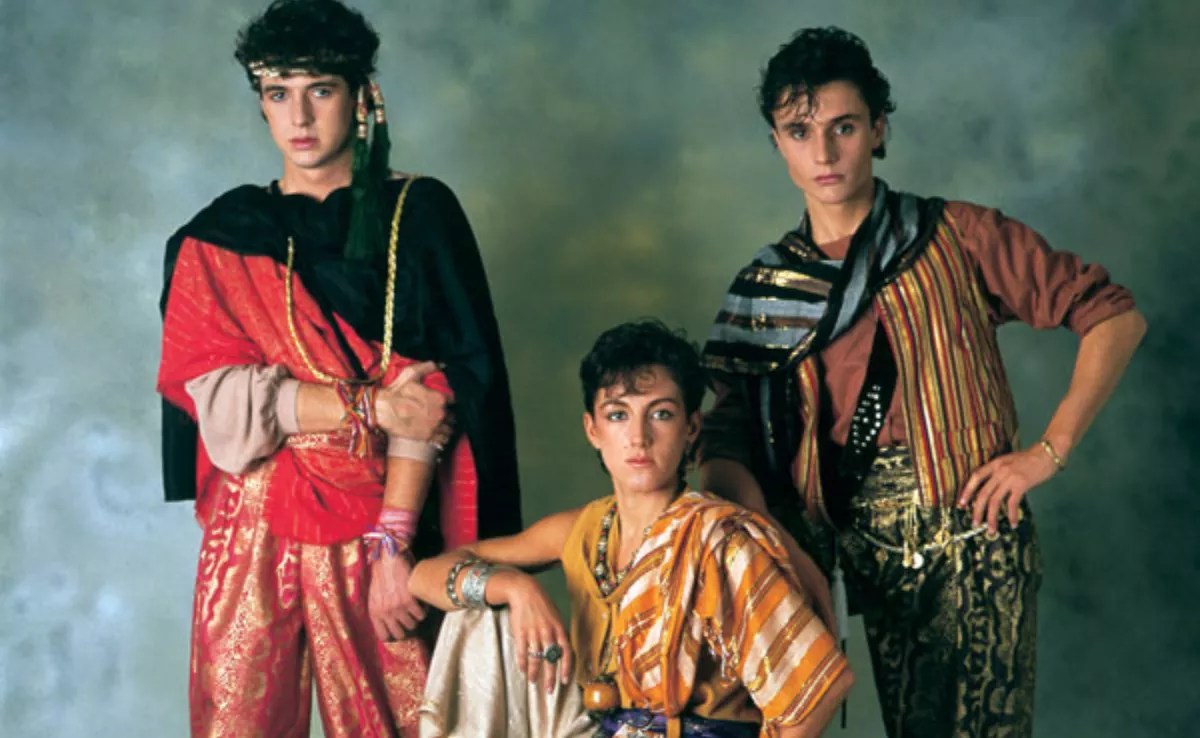
SANTA CRUZ DE TENERIFE, Feb. 21 (EUROPE PRESS) –
Companies in the MICE sector (meetings, incentive trips, congresses and fairs) in the Canary Islands have lamented that many events scheduled for the Islands in the coming months continue to be canceled and postponed due to stricter restrictions than in other autonomous communities.
The president of the Canarian Association of the MICE Industry, Mauricio Alemán, recalls that companies in the sector “work many months in advance and with the involvement of many suppliers who are directly affected by a cancellation already in full swing.”
In this sense, Mauricio Alemán explains that the continuous variations of dates in the event calendars “not only affect the venues in which they are held, but also all the companies that provide an event with material and distribute their personnel according to of the job they have.”
Alemán adds that, in many cases, this material depends on external suppliers and in others it is not even reusable, if it carries, for example, the initially planned dates. Other times, the cancellation of an event leaves a half production, with the costs that this entails.
He also points out that date dances also influence other events and the availability of locations to celebrate them. All events tend to be concentrated in the last quarter of the year, producing a saturation in those months that complicates the work of MICE companies and makes it difficult to hold other events that were planned to be held on those dates and that now do not find places to locate them. for being already busy with delayed events.
TWO YEARS OF CANCELLATIONS AND DELAYS.
The president of the Association, represented by nearly twenty companies, including agencies, conference centers and the most important service companies in the sector in the Canary Islands, recalls that the sector has been suffering cancellations and delays of hundreds of corporate events for two years, events that take months and even years of organization.
“Many of these companies have closed, with the consequent loss of jobs, while those that have been able to survive have adapted, spending a lot of money to apply the necessary measures and be able to continue working,” explains Mauricio Alemán.
According to the president of the Association, “the continuous change of measures and restrictions has not helped, the legal uncertainty of Canarian regulations, much more restrictive and diffuse than that of other communities and surrounding countries, nor the difference in treatment of events with respect to culture and sport, with the format of MICE events being similar to cultural ones and also having an even more rigorous control”.
In this sense, the Association hopes that measures such as allowing one hundred percent of the capacity in sporting events from March 4, as announced these days by the Ministry of Health given the good evolution of all the indicators epidemiological, are also applied to corporate events that, today, “continue to suffer unfair treatment with respect to the measures imposed to celebrate cultural and sporting events”.
“The same treatment has not been given to the most transversal sector of the Canarian economy as to culture and sport in terms of capacity and restrictions,” says Mauricio Alemán, who recalls that the MICE industry is made up of a business fabric specialized that offers a multitude of services that involve practically all economic sectors, such as transport, restoration, carpentry, etc.
The sector not only regularly mobilizes companies that organize this type of event, but also conference centers and fairgrounds, hotels, hostess agencies, car rental companies, designers, printers, transport companies, interpreters and translators, audiovisual companies, catering and restaurant services, decorators, assemblers, furniture rental companies, etc.
For this reason, the Association is currently immersed in a study to help quantify the weight of the MICE sector in the Canarian economy, for which it hopes to be able to count on the collaboration of the Government of the Canary Islands, so that it collaborates with this analysis and helps assess the contribution of the MICE industry to the Gross Domestic Product of the Canary Islands.
Alemán recalls that the companies in the sector “have always been at the disposal of the Administration in these complicated months that we have lived through”, to safeguard public health, offering, for example, the fairgrounds for mass vaccinations against COVID.
















